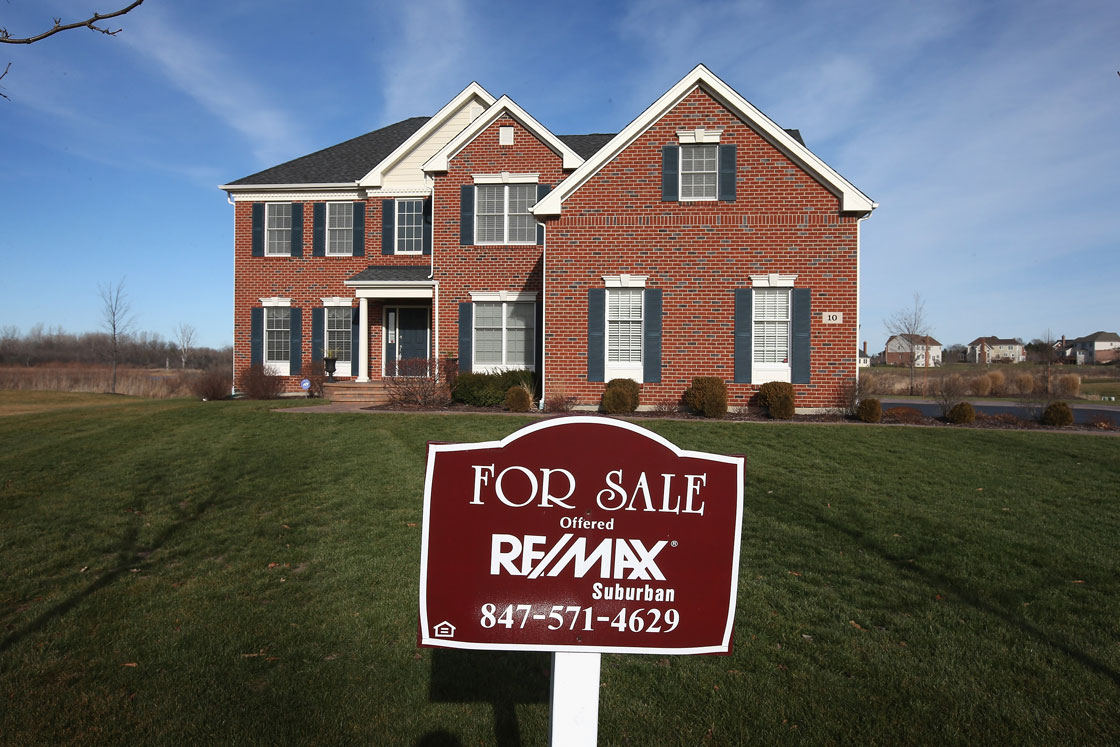The country’s closely watched housing market remains comfortably balanced, experts say, aided by low interest rates that are making carrying costs on big home loans manageable.

But there’s a “major potential flashpoint” which warrants an increasingly watchful eye: still fast-rising prices in the already pricey cities of Vancouver, Calgary and Toronto.
“Prices in the three hottest cities are rising faster than family income, further straining affordability,” BMO chief economist Doug Porter said Monday.
Porter’s comments came after the country’s real estate association said sales through its Multiple Listing Service in August were up a healthy 1.8 per cent from July. Compared with a year ago, sales were up 2.1 per cent.
The association also raised its sales forecast for 2014 to 475,000 homes, up 3.8 per cent compared with 2013 and up from a June prediction of 463,400.
The revised forecast “reflects stronger than expected sales in recent months,” the Canadian Real Estate Association said.
Canada’s housing market may be at risk of overheating
The pace of sales and upward revision are a “further sign Canada’s housing sector still has some wind in its sails,” CIBC World Markets said in a note.
Prices up
The national average price for a home sold in August was $398,618, up 5.3 per cent from the same month last year.
Home prices were up 8.6 per cent in Toronto, 5.2 per cent in Calgary and 2.3 per cent in Vancouver, CREA said. Year to date, all have substantially outperformed the rest of the country (see chart).
RBC economist Robert Hogue said the return of rock bottom borrowing rates this year is still fueling demand, “particularly in stronger markets.”
But Hogue added, “while brisk activity should be positive in theory, Canada’s housing market may be at risk of overheating if recent trends persist.”
MORE: Complete coverage of Canada’s hot housing market
Big three boom
Still, at the regional level, sales are up in fewer than half of all markets, CIBC noted.
“As in recent months, activity continued to be fuelled disproportionately by increases in greater Vancouver, Calgary and metro Toronto,” the bank’s economist said.
MORE: RBC warns home prices could start falling in 2016
Record low interest rates are also playing a leading role. Last week, Bank of Montreal re-introduced its 2.99 per cent posted rate for a fixed five-year term, the same offer that drew the ire of Ottawa in 2013 when fears of a housing bubble were running hot.
While there’s been no material correction in the national market, affordability in the major centres has grown worse, as BMO’s economics department notes.
CREA said “mortgage interest rates are expected to edge higher,” in Monday’s release.
The association cautioned, “sales in relatively less affordable housing markets are likely to be more sensitive to higher fixed mortgage rates” in the event they arrive.
Here’s July data of average home prices across several major markets:
- ‘Shock and disbelief’ after Manitoba school trustee’s Indigenous comments
- Canadian man dies during Texas Ironman event. His widow wants answers as to why
- Several baby products have been recalled by Health Canada. Here’s the list
- ‘Sciatica was gone’: hospital performs robot-assisted spinal surgery in Canadian first





Comments